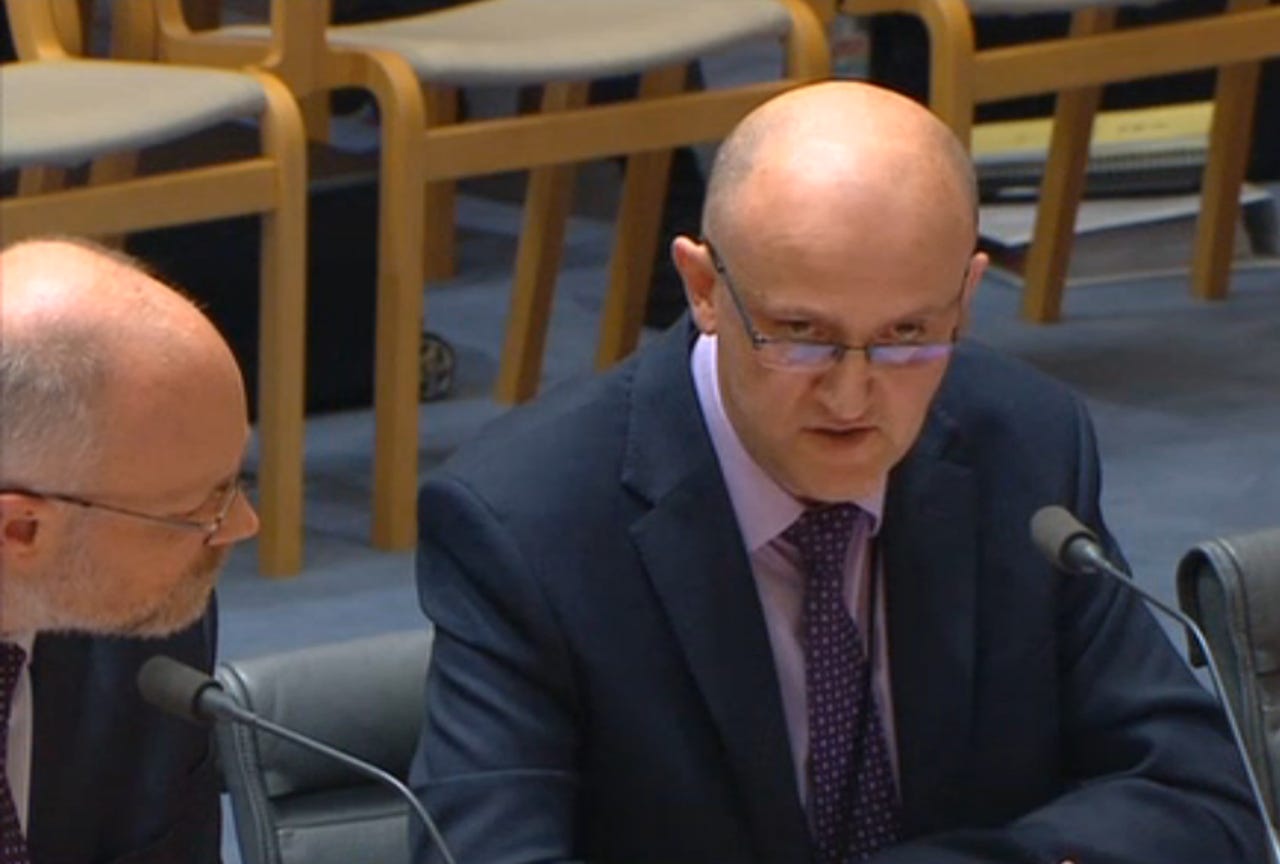ASD Director-General hits out at encryption Bill fake news


Australian Signals Directorate (ASD) Director-General Mike Burgess has hit out at what he sees as "considerable inaccurate commentary" surrounding Australia's encryption laws.
Burgess dismissed comparisons made between Australian companies and Huawei, which ASD advised the government to ban, saying it was in no way equivalent.
"The comparison is absurd. High-risk vendors have been banned from Australia's 5G network because of the threat they pose when they could be subject to unbounded extrajudicial directions from a foreign government," he said in a blog post.
"It is not in any way an equivalent comparison to the highly-targeted assistance that the Australian government will be seeking under the TOLA [ Telecommunications and Other Legislation Amendment (Assistance and Access) Act 2018] Act."
On concerns that Australian companies would be forced offshore to avoid the laws, Burgess said the proposition is flawed.
"Australia is not the first country to enact this sort of legislation -- and we will not be the last. Agencies in the UK already have similar powers and other nations are considering their options," he wrote.
During Parliamentary Joint Committee on Intelligence and Security hearings on the legislation, Australian security vendor Senetaswarned that it, and up to 200 jobs, may move offshore to avoid issues of perception.
"You don't think other countries haven't thought about this, and looked at it, and thought it would be a good idea to do it?" he asked.
"The Russians, for example, they haven't even done it because they know to do it upsets other things far greater than what they are trying to do.
"You have a problem with insurgents in Syria, you don't drop an atom bomb on those insurgents and see what happens, the consequences that happen to everybody else around. This is the equivalent of dropping an atom bomb to find some nefarious character.
"You will destroy, eventually, Australian's own data protection -- that's what it is."
Earlier in November, Senetas told the committee that the Bill would damage Australian reputations and trust.
"If the customer suspects that they might have been targeted, the legislation also requires that the company must deny it -- regardless of the truth," it said.
"Any guarantee of security from an Australian technology company is therefore meaningless."
Burgess said discussions around the dangerous nature of the laws are "hyperbolic, inaccurate, and influenced by self-interest, rather than the national interest".
"The true danger is the thing the TOLA Act seeks to prevent: Terrorists, paedophiles, and other criminals communicating in secret, without law enforcement and security agencies being able to 'crack their code'," Burgess said, while omitting the fact that the laws allow for use on lesser crimes that have a three-year penalty, such as copyright infringement.
"Australia's law enforcement and national security agencies do not ask for legislative change lightly or routinely. But when technology evolves, the law should evolve too -- so we can continue our mission to keep Australians safe," the Director-General concluded.
COAG reaches cyber agreement
Yesterday the Council of Australian Governments (COAG) agreed to increase cooperation between Australia's various jurisdictions.
"These arrangements will support a more effective coordinated response and increased situational awareness in the event of a national cyber incident, or localised cyber incidents with potential national consequences," the Australian Cyber Security Centre said.
Related Coverage
What's actually in Australia's encryption laws? Everything you need to know
The controversial Assistance and Access Bill was 176 pages long, then 67 pages of amendments were rushed through in the final hours of debate. This is what we've ended up with.
Merry Christmas, Labor: Dutton baulks at encryption Bill changes
Peter Dutton has indicated that the federal government will not accept all of the Labor opposition's proposed changes to its new encryption laws.
Australia's encryption laws will fall foul of differing definitions
A cryptographer's rebuttal to a GCHQ interception concept highlights how participants in the encryption-busting debate are talking past each other. What even is a "systemic weakness", anyway?
Australian government accuses Labor of backing terrorists on encryption-busting Bill
Government ministers have taken to the airwaves over the weekend to claim Labor is playing games with the proposed Assistance and Access Bill.
Australia now has encryption-busting laws as Labor capitulates
So-called protections in the Bill are necessary, Opposition leader Bill Shorten has said.
Security guarantees will be meaningless under encryption-busting laws: Senetas
If an Australian company is compelled by legislation to deny that a capability in its products exists, then its assertions are meaningless, security company Senetas has said.